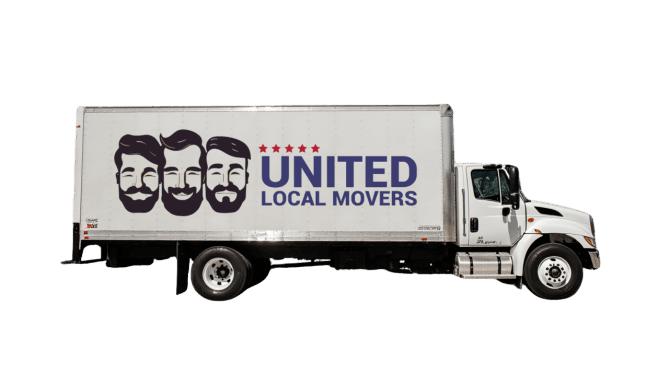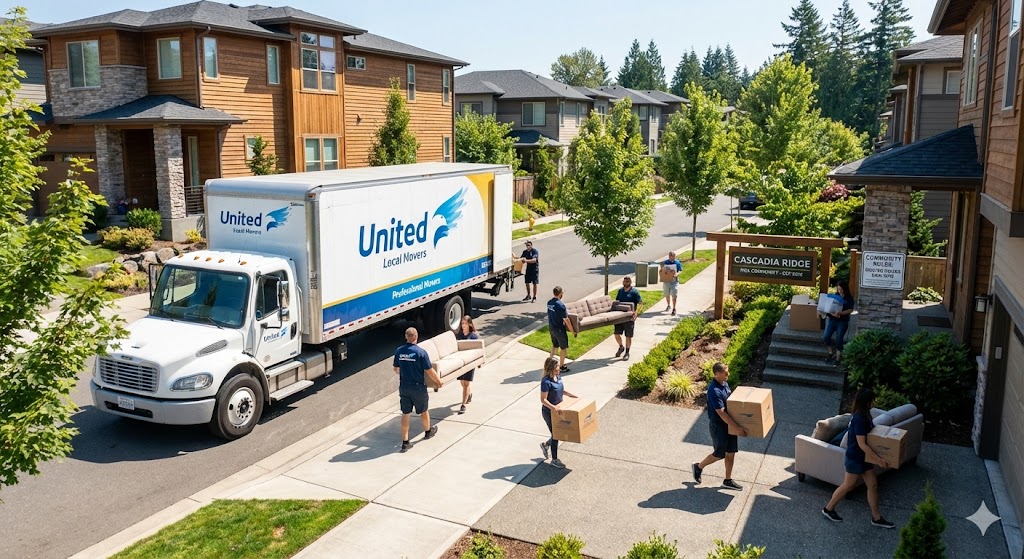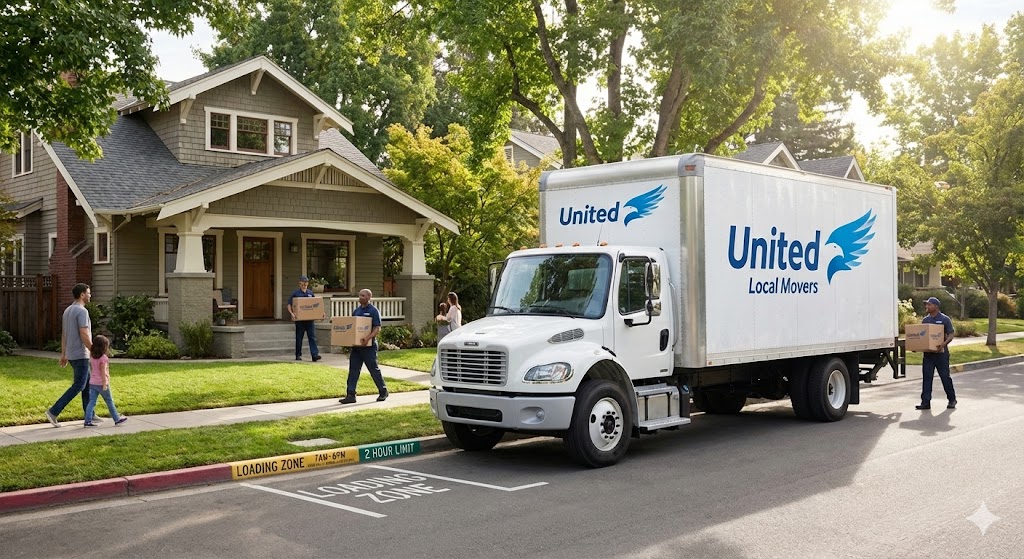Choosing a reputable interstate moving company is one of the most important steps when planning a long-distance relocation. A good mover can make the process smooth, transparent, and stress-free, while a bad one can lead to delays, hidden fees, or even lost items. In this guide, you’ll learn how to check credentials, evaluate reviews, compare quotes fairly, and protect yourself from common moving scams.
Why Reputation Matters More Than Price
Many people make the mistake of choosing movers based solely on price. While saving money is important, the cheapest quote isn’t always the best deal. A low price can sometimes be a red flag, signaling that the company may cut corners, use subcontractors you didn’t approve, or even hold your items hostage for additional payments. Reputable companies build their pricing transparently and back it with solid service and insurance coverage.
When hiring an interstate mover, you’re trusting them with your entire household. That means you need more than just a good deal — you need reliability, professionalism, and accountability.
Checking Licenses and USDOT Registration
Every legitimate interstate moving company must be registered with the Federal Motor Carrier Safety Administration (FMCSA). When you receive a quote, ask for the company’s USDOT number. This number allows you to verify whether the company is licensed and insured to operate across state lines.
Here’s what to look for on the FMCSA website:
- Active USDOT and MC numbers: These confirm the mover is legally allowed to provide interstate moving services.
- Insurance status: Ensure the mover has the required level of insurance coverage.
- Complaint history: Check whether there are unresolved or frequent complaints against the company.
- Operating authority type: Look for companies listed as “Carrier,” not just “Broker.”
If a company refuses to provide a USDOT number or asks you to sign a contract without it, that’s a serious red flag.
Recognizing Red Flags and Common Scams
Unfortunately, moving scams are not rare. Unverified brokers and rogue operators can cause huge headaches. Watch out for these warning signs:
- Only a phone or online estimate, without a proper survey
- Large upfront deposits or cash-only payments
- No written contract or Bill of Lading
- Unmarked trucks or no company branding
- Negative reviews or fake-sounding testimonials
Legitimate movers provide written agreements, transparent pricing, and proof of their legal operating status. If something feels off, it probably is.
Reading Online Reviews Critically
Online reviews can be a great indicator of a company’s reputation — if you know how to read them properly. Look for consistent patterns, not just individual comments. For example:
- Positive patterns: Professional crews, punctuality, and clear communication
- Negative patterns: Late deliveries, hidden fees, broken items, or no response to claims
Be wary of companies with only five-star reviews that sound robotic. Reputable movers typically have a mix of positive and constructive feedback. Also, pay more attention to how the company responds to complaints. That can tell you a lot about their professionalism.
Understanding Binding vs Non-Binding Estimates
When comparing quotes, make sure you understand the type of estimate being offered. A binding estimate means the price won’t change as long as your inventory stays the same. A non-binding estimate can fluctuate based on actual weight or volume.
Reputable interstate movers will provide a written estimate after a virtual or in-home survey, not just a quick phone call. Always ask for a detailed breakdown of charges — including packing, stairs, fuel surcharges, or long-carry fees.
Comparing Quotes Fairly
When you receive multiple quotes, it’s crucial to compare them “apples to apples.” One company may include packing and fuel in the base price, while another may list them as separate line items. Read the fine print carefully and ask questions about any unclear charges.
If one quote is significantly lower than the others, be cautious. Reputable companies don’t undercut market rates drastically — because they provide real crews, trucks, insurance, and trained personnel.
Insurance and Valuation Coverage
Even the best moving companies understand that accidents can happen. That’s why they offer insurance and valuation options. Federal regulations require interstate movers to provide at least “released value protection,” but many customers opt for full-value coverage for better protection.
- Released value: Minimal coverage — typically 60 cents per pound per item.
- Full-value protection: Covers the replacement or repair of damaged or lost items.
Ask your mover to explain these options in detail and provide documentation. Don’t assume standard insurance will fully cover expensive electronics, furniture, or artwork.
Scheduling Smartly to Avoid Stress
The timing of your move can greatly impact your experience. Peak moving season runs from May to September, when prices and demand are highest. If possible, try scheduling your move in the off-season or mid-month, mid-week. This often means better availability and potentially lower costs.
Also, plan ahead. The best moving companies book up fast, especially in summer. Start your research and reservations at least 6–8 weeks before your preferred move date.
Why Choosing the Right Partner Matters
Relocating across state lines is a big life event, and you deserve to work with a team you can trust. A reputable mover is more than just a service provider — they’re your partner in making the process efficient, organized, and worry-free.
With United Local Movers, your relocation becomes safer, faster, and stress-free. Our licensed and insured crews are trained to handle every detail, from packing and loading to delivery and setup, so you can focus on the next chapter of your life.





